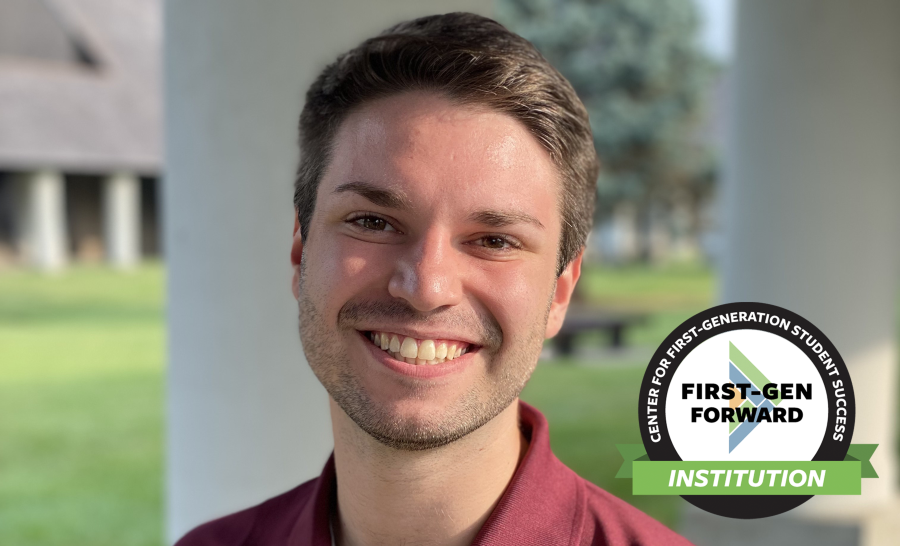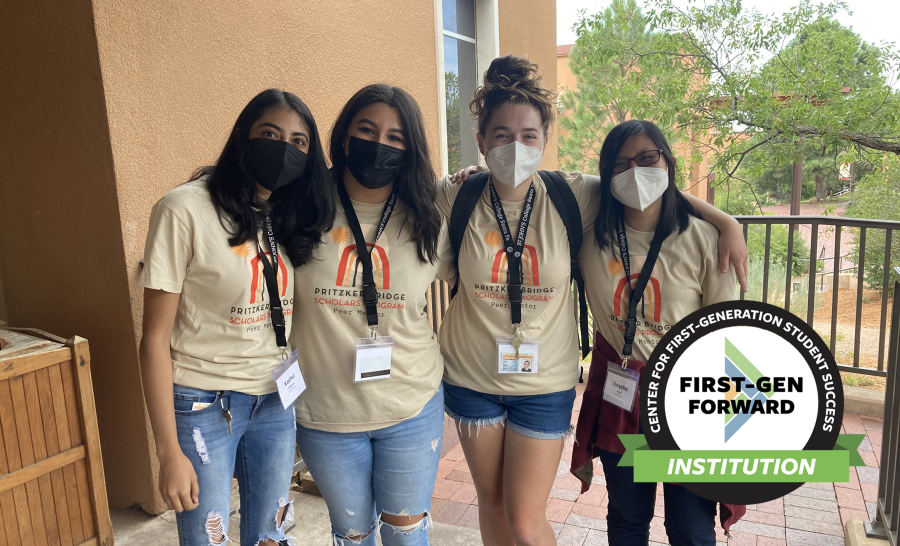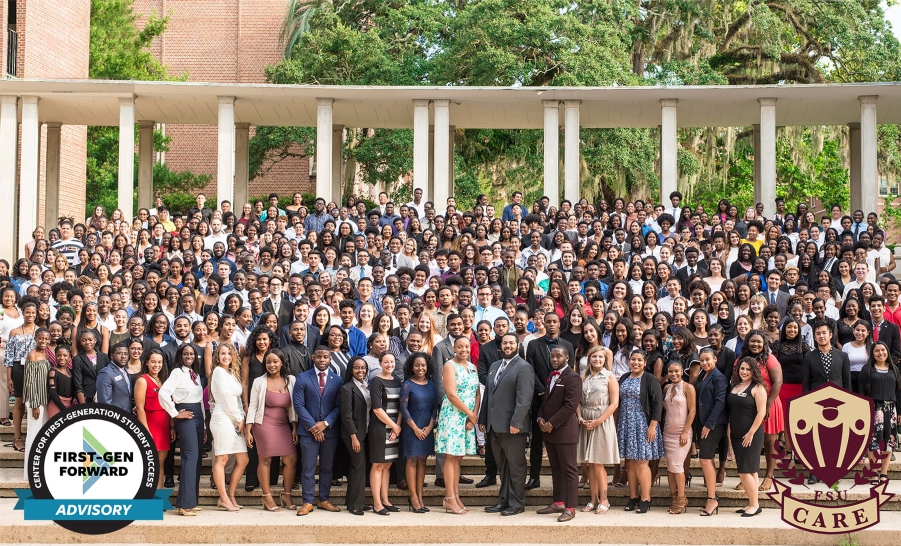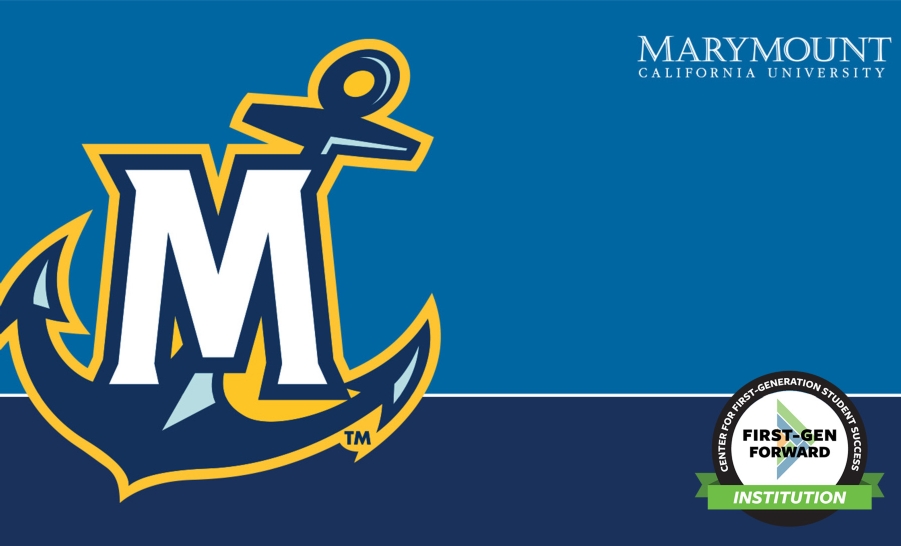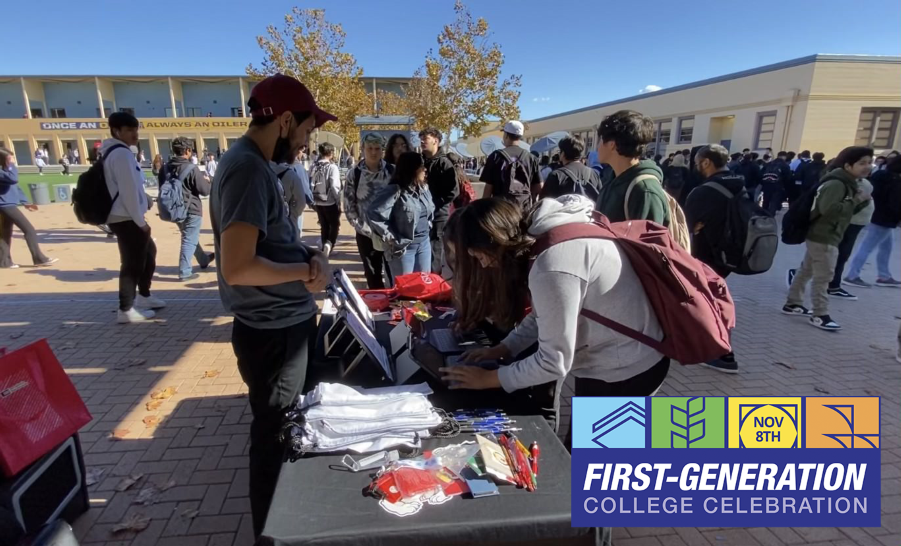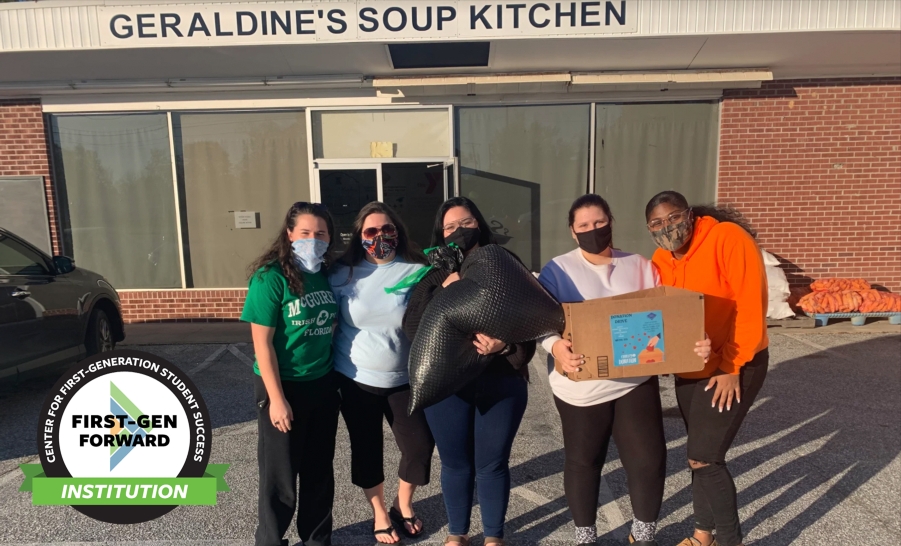Welcome to the Hive: The University of Lynchburg’s Summer Transition Program Promotes First-generation Student Retention
Jo Jones, M.Ed., University of Lynchburg / FirstGen Forward / October 20, 2021
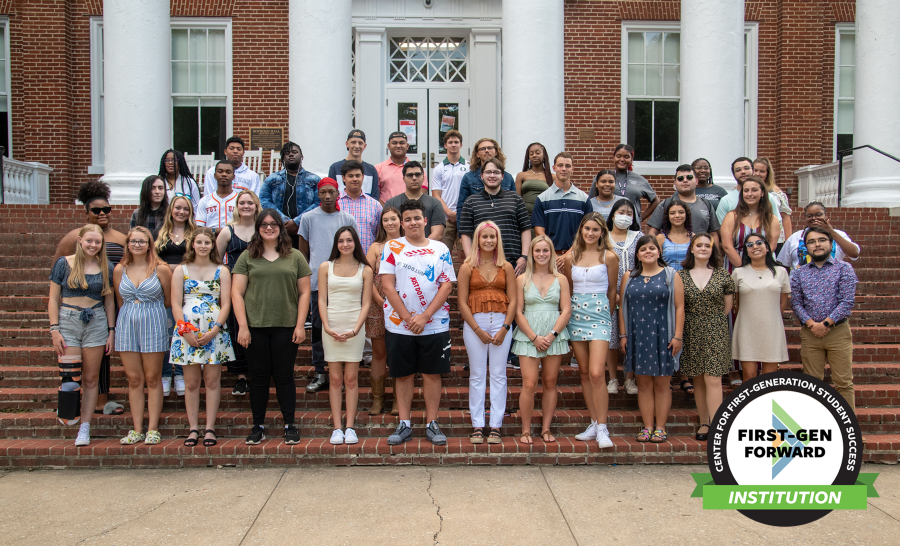
Background
The University of Lynchburg has been running its Summer Transition Program (STP) since the late 1980s, when it began as a grant program to serve incoming African American students. Since then its scope has grown to encompass other underrepresented students, including those from culturally diverse backgrounds, rural and inner-city areas, and of course, first-generation college students. Currently, STP operates as a four-day early arrival program that introduces first-year students to resources, people, and programs that will aid them in their academic progress, boost co-curricular engagement, and encourage community building. Students work with peer mentors in small groups and meet faculty, staff, and student leaders who serve as resources throughout their tenure at Lynchburg. The program is free and open to any incoming first-year student, and while participation is optional, it is strongly encouraged and recommended, as students who have gone through the program have a proven record of becoming campus and community leaders, as well as having a greater success rate in their academic pursuits.
Mission:
The mission of the Summer Transition Program is to provide newly enrolled students with the tools they need to successfully navigate the transition from their high school environment to being an engaged student at the University of Lynchburg.
Goals:
-
To further develop students’ academic competence in a collegiate setting
-
To guide participants in the development of social capital
-
To establish an environment that promotes diversity and inclusiveness and is free of bias
-
To introduce students fully to resources available to them that will ensure success
-
To provide students with upper-class mentors who serve as role models and peer advisors throughout the first semester
Benefits of the Program
STP focuses on three specific components to measure success: discovering, connecting, and achieving. By going through the program, students discover where their classes are and what buildings or offices to go to for specific services or programs; who their peers, hall mates, and student leaders are and how to contact them; and how to enhance skills for academic success. Students also have the opportunity to connect with classmates, student leaders, faculty, staff, administrators, alumni, resources, facilities, and the Lynchburg community at large. Finally, students achieve a familiarity with campus personnel and resources; a comfort level with their new setting; and confidence in what to expect at college. Some additional benefits of the program include scholarship opportunities, leadership development, early arrival and check-in, social programming throughout the first semester, conference opportunities, and, perhaps most importantly, a higher rate of persistence to graduation.
Students who have gone through the program have a proven record of becoming campus and community leaders.
Components of the Program
Students must have attended an orientation session over the summer in order to attend STP. This year, STP took place over four days and culminated when the rest of the freshman class arrived. Even after a short four days, STP participants were extremely confident on campus–showing their fellow freshmen where buildings were located, how to use the laundry card machines, how to set up lofts, etc. Some of the highlights of the STP schedule included interactive and informational workshops with motivational speakers, cultural presentations, simulations, etc. Students also attended academic success sessions introducing them to college resources for writing, language acquisition, and a faculty panel. Social activities are also an important part of students’ comfortability on campus, so STP included an OpenMic Night, Amazing Race, community service opportunities, and a diversity, equity, and inclusion (DEI) discussion. Finally, students were able to interact with upper-class student leaders through both the CheckMates and PASS programs. CheckMates are upper class mentors who “check” in on students biweekly and plan small group outings. Peer Assisted Supplemental Study (PASS) provides students with tutors in traditionally difficult classes. One particular highlight of this year's STP program included providing laptops to students, which they are welcome to use throughout their college tenure and are invited to keep upon graduation.
For more information on University of Lynchburg’s approach, please visit their website here.
